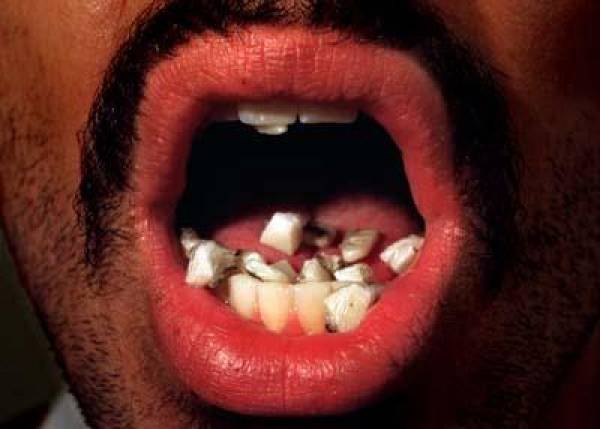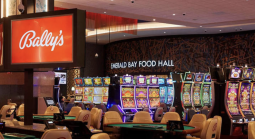Bachus: “Internet Poker Is The Crack Cocaine of Online Gambling”

In an interview with ABC News, Rep. Spencer Bachus, R-Alabama, the Ranking Member of the House Financial Services Committee, said he would do everything in his power to stop the legalization of Internet gambling, specifically singling out online poker.
Bachus repeated the quintessential online gambling - crack cocaine comparison, with a twist.
"Internet poker is the crack cocaine of gambling," Bachus told ABCNews.com.
Over the past year, online poker has come under increasing attack despite efforts from Internet trade associations to suggest that poker is a game of skill.
"Young people are particularly vulnerable _ we don't want to put a casino in every dorm room in the country. Compulsive gambling, by many accounts, is a very serious, growing problem."
Politicians in the past typically focused their condemnation of Internet gambling on casino games and sports betting. But today very few online casino operators cater to US citizens or otherwise maintain low profiles as do Web-based sports betting operators, though they continue to be targets of law enforcement activity.
ABC News reports:
Rep. Frank, the powerful chairman of the House Financial Services Committee, is scheduled to appear today before the House Ways and Means Committee. He will testify on the federal tax revenue implications of legalized online gambling. Depending on which side produces these estimates, tax revenues from online gambling could range anywhere from $10 billion over ten years to more than $800 billion over five years. Frank is sponsoring HR 2267, the Internet Gambling Regulation, Consumer Protection, and Enforcement Act, to establish a framework for the legalization of online poker and other casino-type gambling.
On June 1, banks will be required to stop any credit card transactions they suspect are connected with online gambling.
Bachus claims the enforcement will "cripple online poker".
Poker Players Alliance President John Pappas insists that the policy enforcement of online poker prohibition passed in October 2006 (The Unlawful Internet Gaming Enforcement Act) will have little impact on the industry.
"There is what amounts to a safe harbor already embedded in the law, so that any bank that does want to transact with an online poker business simply needs a reasoned legal opinion that it their client is not involved in restricted transactions," Pappas said.
The law merely requires the banks to take proper steps to make sure that they do not facilitate any illegal gambling transactions and many have already done so prior to the June 1 date.
"There is what amounts to a safe harbor already embedded in the law, so that any bank that does want to transact with an online poker business simply needs a reasoned legal opinion that it their client is not involved in restricted transactions," Pappas said.
Alejandro Botticelli, Gambling911.com













